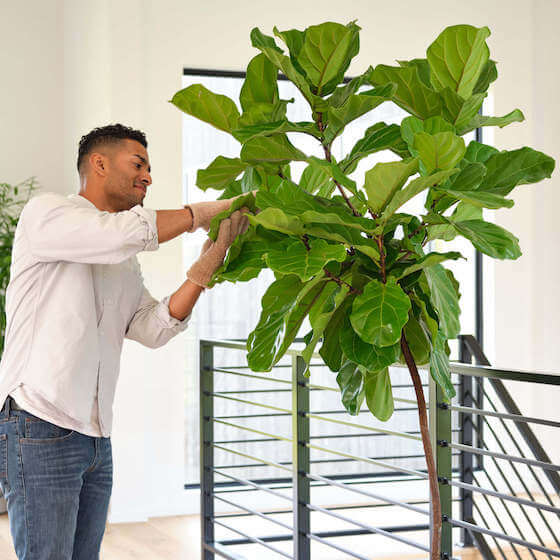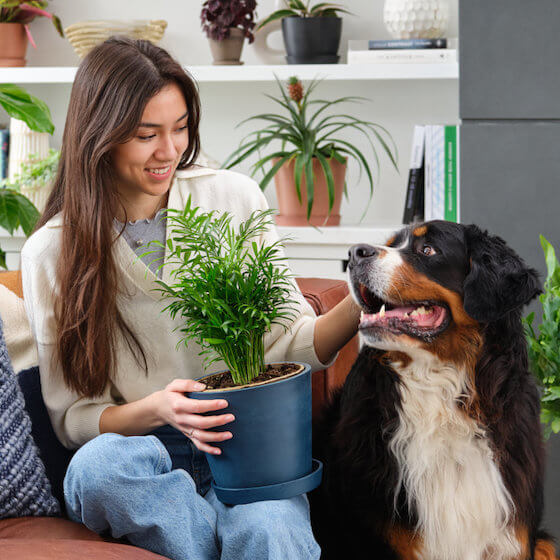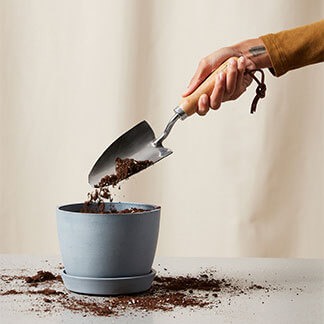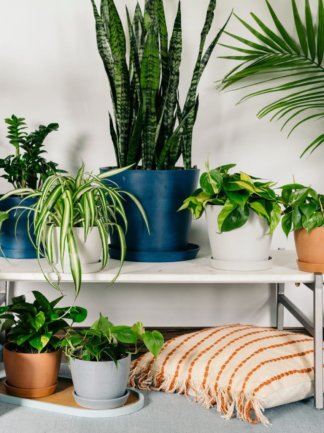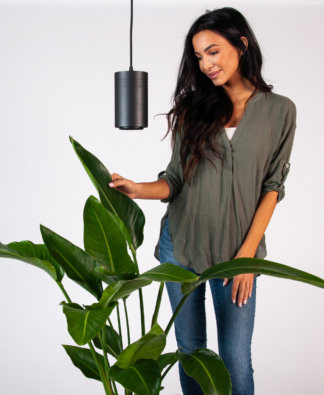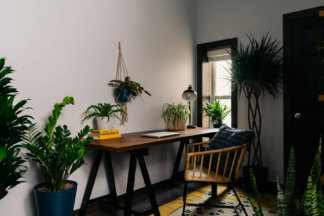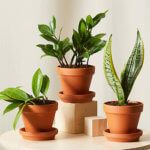Green Living
The Modern Reinvention of Houseplant Care by Engineer Darryl Cheng
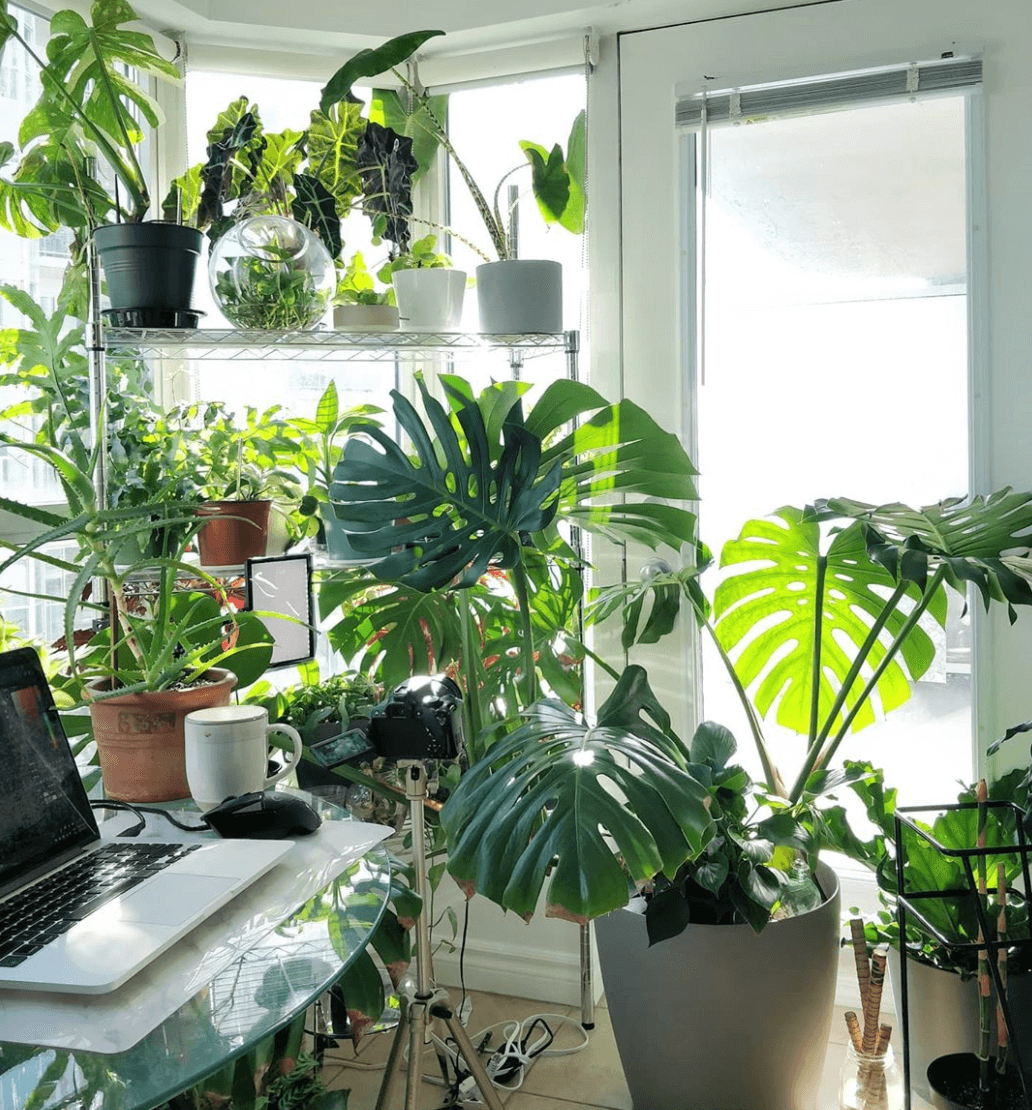
Welcome to The Plant Care Chronicles — a monthly series dedicated to breaking down individual indoor plant care routines and exploring plant care as a form of self-care.
We truly believe in the healing powers of plants, and want to shed a light on their many mental, physical, and spiritual health benefits.
This month, we had the pleasure of speaking with Darryl Cheng, founder of the House Plant Journal and author of The New Plant Parent!
To say that Darryl Cheng’s relationship with plants is unique would be an understatement. The former engineer developed an entirely new approach to plant care, which he chronicles in his cult-favorite book, The New Plant Parent.
“When I started caring for plants about seven years ago, I realized that the way people write about houseplant care was very vague and generic,” he tells Bloomscape. “We’re still using the same ideas from the 1950s and sixties. I thought it was time to change the narrative.”
He began by applying his engineering skills to houseplant care in his Toronto, Ontario home, which doubles as a sort of plant laboratory. “As an engineer, I appreciate more precise things,” he laughs. “I quickly learned that light drives growth in plants — they need it in order to photosynthesize and create sugars. So I was like, why don’t I just measure light?”
That’s exactly what he did. In addition to creating a light meter app, his plant care courses and books all speak to the vital importance of light. “Understanding light is the best way to truly understand what your plant is going through,” he explains. “The correct lighting is what plants require to function. The people you think have a ‘green thumb’ are simply the people with the most windows.”
Of course, Cheng applies these care principles to his own plant collection. “If I had to guess, I’d say I have at least 100 plants at home,” he shares. “If I have a space with enough light for a plant, I’ll put one there.” He has tropical plants like monsteras, pothos, philodendrons, snake plants, and a growing collection of cacti and succulents under a powerful grow light.
“I’ve moved away from looking at plants as decor — I’m more interested in cultivating an indoor garden,” he shares. “When a person only appreciates plants for the aesthetics, I think they miss out on so much. I get the long-term reward of seeing my plants flourish after months and years of care.”
This sense of companionship is the “C” in his coined concept, “The ABCs of Houseplant Appreciation.” The letter “A” refers to aesthetics, and “B” stands for biology. He believes that aesthetics are what draw most people to houseplants, biology is the interest in growth, propagation, and care, and companionship is the connection you develop with your plants.
“I’ve had some plants with me for so long, that if you just replaced it with an identical plant, it wouldn’t be the same,” he shares. “I truly have a connection to them. I could probably tell you a little story about each one, including when I got it, how long I’ve had it, and what it’s gone through. It’s almost like watching a pet grow up overtime, with less responsibility.”
Of course, having 100-plus plants thrive is no easy feat. “If I had to total up the hours spent on plant care, it’s probably one to two hours a day, or 14 hours a week,” he shares. “Anytime I get distracted from work, I’m caring for my plants. I don’t necessarily abide by a schedule, I just respond to their needs and check things out everyday.”
In addition to companionship and a flourishing career, plants provide Cheng with a sense of personal fulfillment. “Houseplants have become a really rewarding hobby for me — they’re so much more than decoration,” he shares. “I believe that thinking about plants strictly as decor can be harmful. What happens when it’s suddenly not ‘trendy’ to have plants anymore? These are living things.”
Despite his relative mastery of houseplant care, Cheng views himself as a humble plant caretaker. “At the end of the day, plants are going to do their own thing. My job is to help them live their best life, and support whatever growth is possible in my space.”
